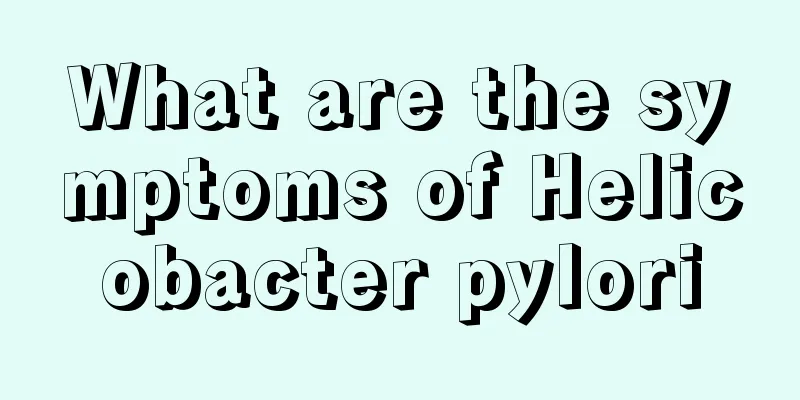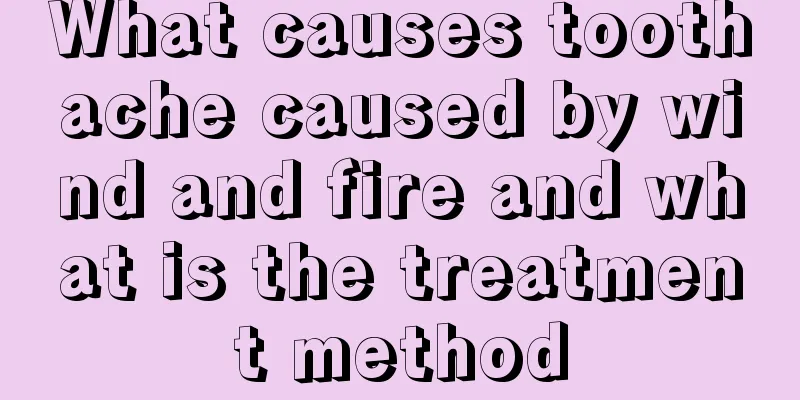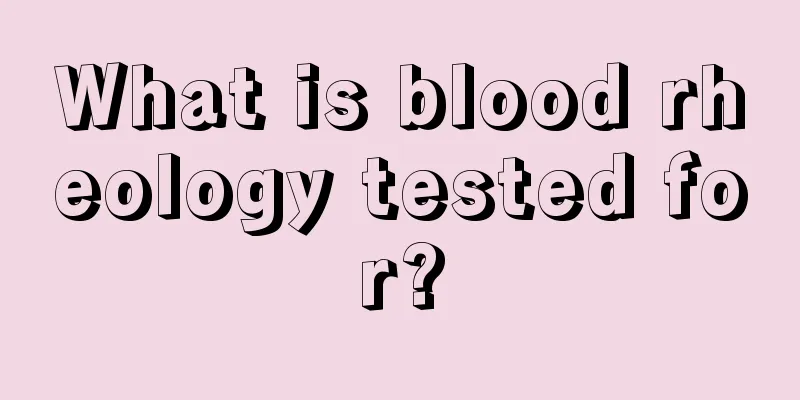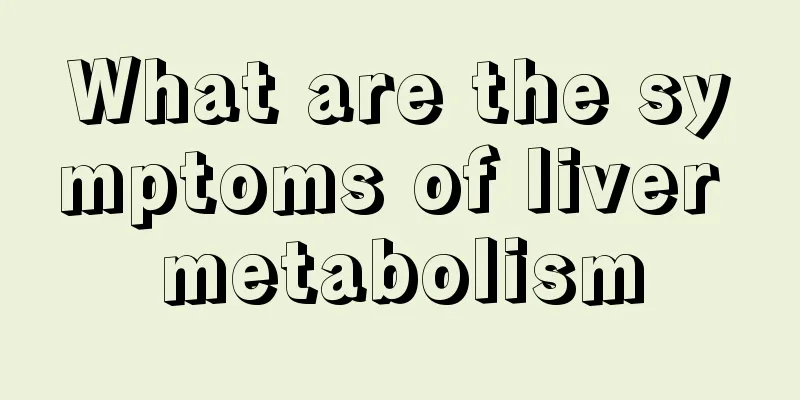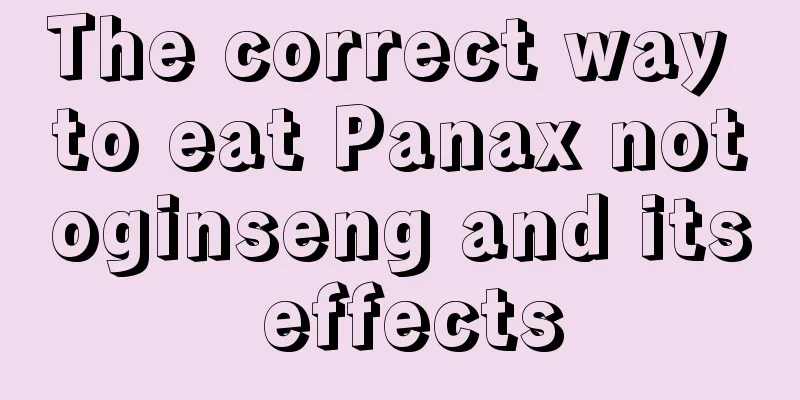What are the consequences of not treating gallstones
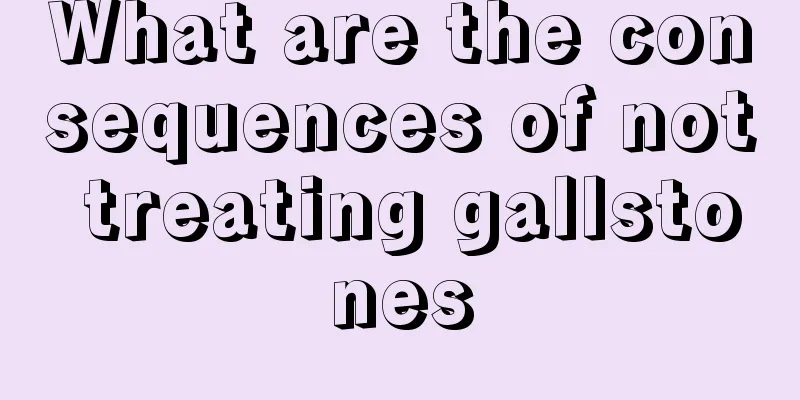
|
If you suffer from gallstones, you need to take timely treatment measures, because if not treated, it may cause biliary colic, or gallbladder cancer, and various types of bile-related inflammation, so treatment must be carried out in a timely manner. 1. The result of not treating gallstones is biliary colic Approximately 20% of patients with "asymptomatic" gallstones develop biliary colic each year. During the symptom-free intervals, the stones float around in the gallbladder, and the patient does not feel anything during these times. After a fatty meal or at night, gallstones are easily stuck in the neck of the gallbladder or in the cystic duct. Once the stones are stuck, the bile in the gallbladder cannot flow out, causing the pressure in the gallbladder to increase and the gallbladder to swell. In order to discharge its bile, the gallbladder has to strengthen its contraction. The rapid expansion and contraction of the gallbladder in a short period of time produces severe colic. This type of colic is often persistent and worsens in paroxysmal forms. In severe cases, shock or even life-threatening conditions may occur. 2. The result of not treating gallstones is gallbladder cancer An expert in hepatobiliary surgery said that in the past, people were only familiar with gallstones and cholecystitis, but now bile duct cancer is also very common, and patients with gallbladder cancer often have gallstones, which proves that gallbladder cancer and gallstones are directly related. Data show that about 0.5% to 1% of gallbladder stones are complicated by gallbladder cancer. This situation often leads to misdiagnosis, and statistics show that the misdiagnosis rate can reach 79.5%. Gallbladder cancer is often discovered during gallstone surgery, usually in the late stages, with very poor treatment outcomes, and the vast majority of patients die within a year. Experts point out that if gallbladder cancer that has not metastasized can be diagnosed early and simple cholecystectomy is performed in time, the 5-year survival rate can reach 92%. Experts point out that prevention should be the main focus for any cancer, with early detection and early treatment. For patients with gallstones larger than 3 cm in diameter, those over 50 years of age, especially women, preventive cholecystectomy should be considered. 3. The result of not treating gallstones: various types of biliary inflammation It is probably well known that gallstones lead to cholecystitis. In addition, some small stones fall into the common bile duct and are discharged into the duodenum. Each time they fall into the common bile duct, they can damage the hepatopancreatic ampulla sphincter at the end of the common bile duct. Repeated occurrence of this can cause stenosis of the end of the common bile duct, leading to common bile duct stones and gallstones in the pancreas. Some large stones that impact and compress the gallbladder and its adjacent organs may form intrabiliary fistulas, such as cholecystoduodenal fistula, cholecystotransverse colon fistula, cholecystocommon bile duct fistula, etc. |
<<: What should I do if I have an acute attack of gallstones
>>: Can patients with gallstones eat tofu?
Recommend
How to relieve itchy scars from wounds
Many people must have heard of an advertising slo...
What tests can detect ovarian cancer
Since the early symptoms of ovarian cancer are no...
What are the wonderful uses of lemon peel?
In people's impression, lemon is a very sour ...
How to preserve leftover eggplant
In our lives, the food we buy cannot be eaten in ...
How to remove blackheads simply and thoroughly
Everyone is familiar with blackheads. Usually, th...
What are the treatments for Meniere's syndrome
Many people don’t know what kind of disease Menie...
How to get rid of gout, Chinese medicine can effectively get rid of it
The disease of gout can be effectively eliminated...
One move before going to bed makes you grow 10cm
During the child's growth period, some measur...
What to do if you have a fever caused by lymph node tuberculosis? Combining Chinese and Western medicine has good results
Lymphatic tuberculosis is a common disease. Patie...
Precautions for ovarian tumor treatment
After ovarian tumor surgery, you need to take goo...
How long can you live with skin cancer symptoms
How long can you live with skin cancer symptoms? ...
What should lung cancer patients eat
What should lung cancer patients eat? Diet is the...
Indications and contraindications of gamma knife treatment for liver cancer
My father was recently diagnosed with liver cance...
What kind of fungus is good fungus_
Fungus is a non-toxic food ingredient with many b...
How to clean oil stains on clothes
The water temperature is very low in winter, and ...
